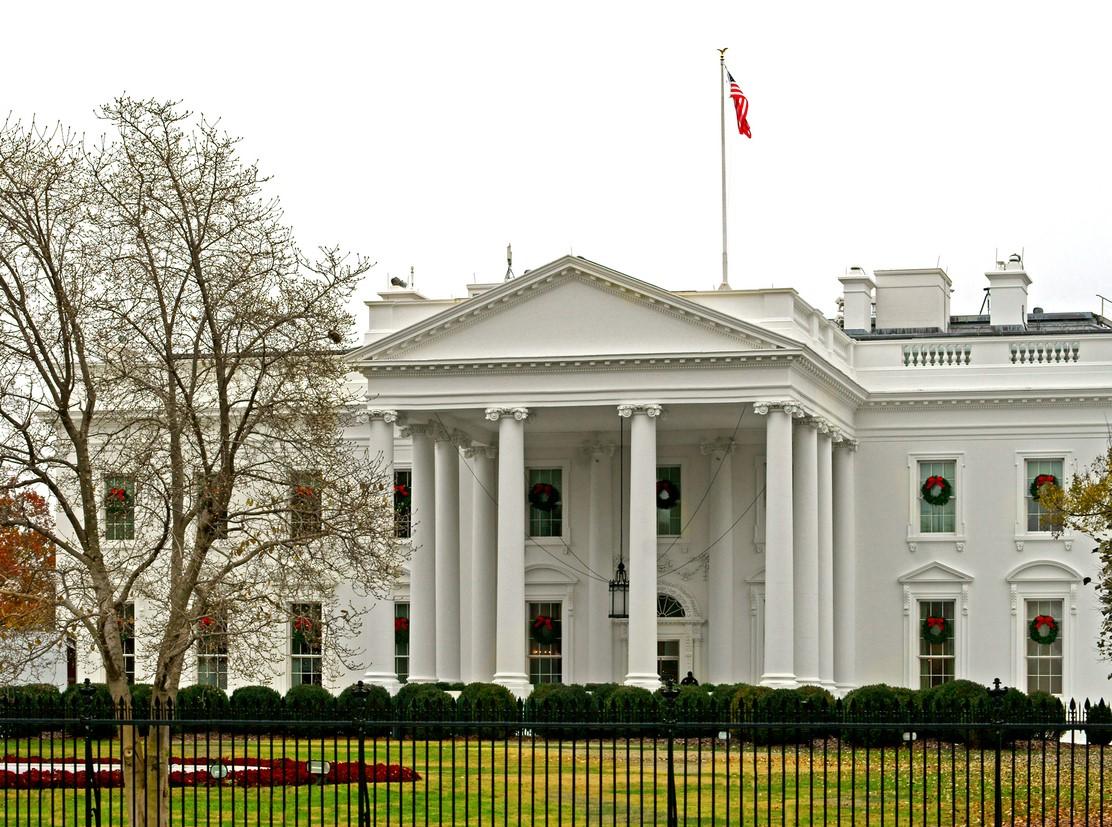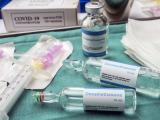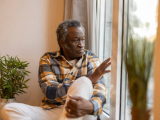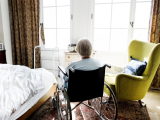The White House gave the Food and Drug Administration (FDA) an ultimatum to officially approve an emergency use authorization (EUA) today for the Pfizer-BioNTech COVID-19 vaccine, a day after the agency's advisory panel recommended approval, and with a separate decision still needed from a Centers for Disease Control and Prevention (CDC) panel.
The pressure over the EUA approval raises worries that the process has been rushed, which could feed into people's doubts about the vaccine. Vaccine decisions also come amid what could be the start of the feared post-Thanksgiving surge of illnesses and deaths.
And as the first vaccine sails through EUA approval in the United States and a few other countries, two vaccines that are in development hit snags during clinical trials.
White House threat raises vaccine tensions
White House chief of staff Mark Meadows today told FDA Commissioner Stephen Hahn, MD, that he needed to approve the Pfizer-BioNTech EUA by the end of the day or submit his resignation, the Washington Post reported.
Hahn responded in a statement to the Post that the report doesn't accurately portray his phone call with Meadows, who encouraged the FDA to continue working quickly on the EUA request. He said the FDA remains committed to issuing the authorization quickly.
Meanwhile, Health and Human Services (HHS) Secretary Alex Azar told Good Morning America today that vaccinations could start as early as Monday or Tuesday.
The threat from the White House came a day after an outside vaccine advisory group recommended EUA approval, though the FDA has the final say. Hahn had said that the FDA would make its decision soon after the Vaccines and Related Biological Products Advisory Committee (VRBPAC) weighed in, and he said in a statement this morning that the agency informed Pfizer that it was rapidly working toward finalizing and issuing the EUA, which would pave the way for Operation Warp Speed (OWS) to begin shipping the vaccine to states.
The CDC's panel of vaccine advisors, the Advisory Committee on Immunization Practices (ACIP), is meeting in emergency sessions today and Sunday, with a vote on Sunday on whether the vaccine should be given to Americans. That's the final step before the vaccine can be given to the first two priority groups: healthcare workers and nursing home residents.
US hospitalizations hit new high
Yesterday, the United States reported 224,452 new cases and 2,768 deaths, according to the Johns Hopkins online dashboard. And a record 107,258 Americans are currently in the hospital for COVID-19, according to the COVID Tracking Project.
CDC Director Robert Redfield, MD, said during a Council on Foreign Relations event that that the country will likely see the death toll worsen over the next 60 to 90 days and that the vaccine probably won't have an immediate impact on the death toll, according to The Hill.
In other US developments:
- American women are more wary of getting the COVID-19 vaccine than men, according to a new Reuters/Ipsos poll. Overall, 61% of Americans said they are open to getting the vaccine, with 55% of women saying they are "very" or "somewhat" interested, compared to 68% of men.
- In its survey of COVID-19 infections in college athletes, coaches, and staff, the New York Times reports 6,629 cases, which it says is likely an underestimate, given that it got complete data from only 78 of 130 schools.
- Senate Republicans yesterday signaled that they would not accept a coronavirus relief package crafted by a bipartisan group of lawmakers, according to the Wall Street Journal. The main sticking points are aid to state and local governments as well as liability protections.
- The US COVID-19 total has climbed to 15,746,026 cases, with 293,785 deaths, according to the Johns Hopkins tracker.
Setbacks for 2 other vaccines in early trials
Two COVID-19 vaccines in development hit setbacks in clinical trials. Sanofi and GSK announced today that the phase 1/2 clinical trial of its adjuvanted recombinant protein-based COVID-19 vaccine showed an immune response comparable to disease recovery in adults ages 18 to 49, but the response wasn't as strong in older adults. They said they plan to begin a phase 2b study with an improved antigen formulation in February.
In July, OWS signed a $2 billion deal with the two companies to support vaccine development and obtain 100 million doses.
Also, the University of Queensland today announced that a phase 1 trial of a COVID-19 vaccine that it is developing with CSL will not progress to phase 2 trials after it was found that the vaccine interfered with certain HIV tests, yielding some false-positives. They said to introduce the vaccine, significant changes in well-established HIV testing procedures would have been needed, so the company and Australia's government decided not to proceed with studying the vaccine.
At a World Health Organization (WHO) media briefing today, officials addressed the successes and challenges of COVID-19 vaccine development. Bruce Aylward, MD, MPH, senior advisor to the WHO's director-general, said the ups and downs are a reminder that the beam of light is getting brighter over time, but the pandemic is still a long tunnel.
At today's briefing, WHO Director-General Tedros Adhanom Ghebreyesus, PhD, hailed the flurry of EUA approvals for the Pfizer-BioNTech vaccine in a handful of countries and the start of vaccination in some. However, he said there's an urgent need for $4.3 billion to address a funding gap to ensure that low- and middle-income countries receive vaccines, a key strategy for stamping out the pandemic across all corners of the globe.
"We have all seen images of people being vaccinated against COVID-19. We want to see these same images all over the world, and that will be a true sign of solidarity," he said.
WHO urges caution over holidays
WHO officials also urged countries and their citizens to take precautions over the holidays to keep people safe, especially in areas with high transmission. "That could be the best gift you could give—the gift of health, life love, joy, and hope," Tedros said.
In other global headlines:
- In Germany, where COVID-19 cases aren't decreasing as much as inother European countries that ordered strict measures, officials braced for tougher lockdowns ahead of Christmas, according to Reuters. The state of Baden-Wuerttemburg has already made its lockdown stricter, banning people from going outside between 8 pm and 5 am except for work and essential tasks.
- AstraZeneca said they would work with collaborators from Russia on its Sputnik V vaccine trials, according to CNN. The effort will see if combined vaccines from the two companies may help generate broader protection and be more accessible.
- The global total today passed 70 million cases and is at 70,000,538 cases with 1,589,964 deaths, according to the Johns Hopkins tracker.





















